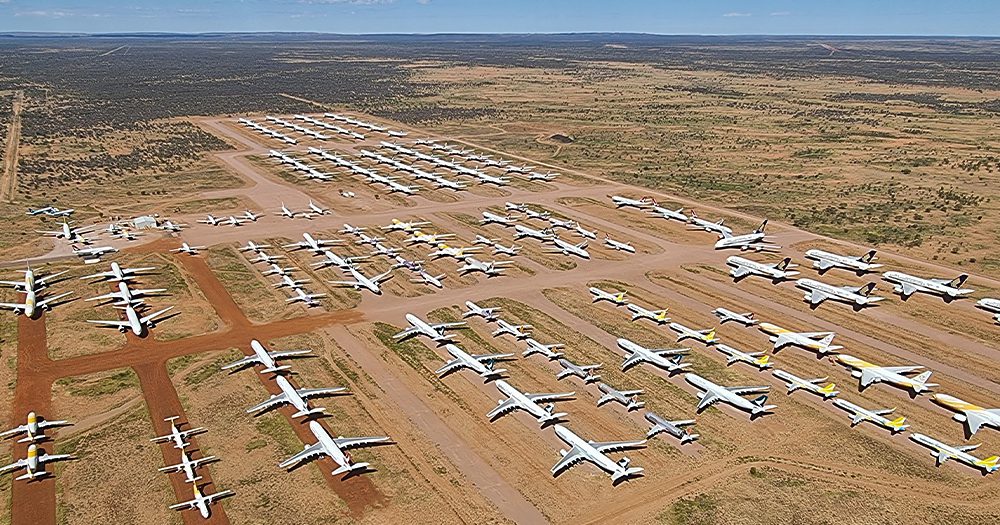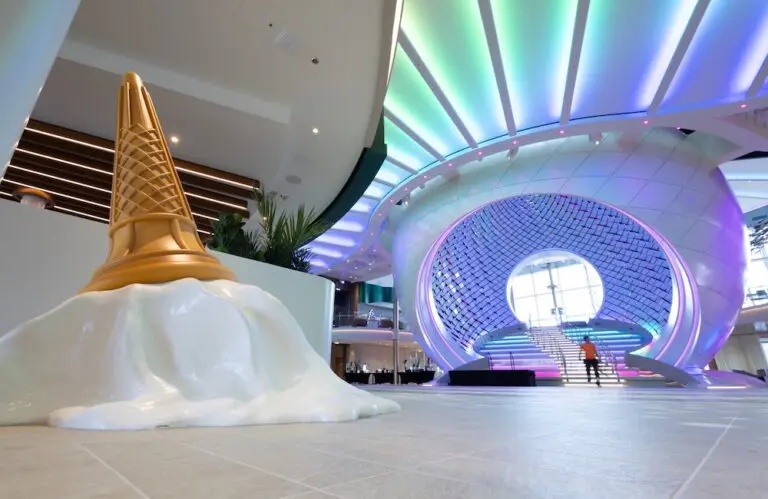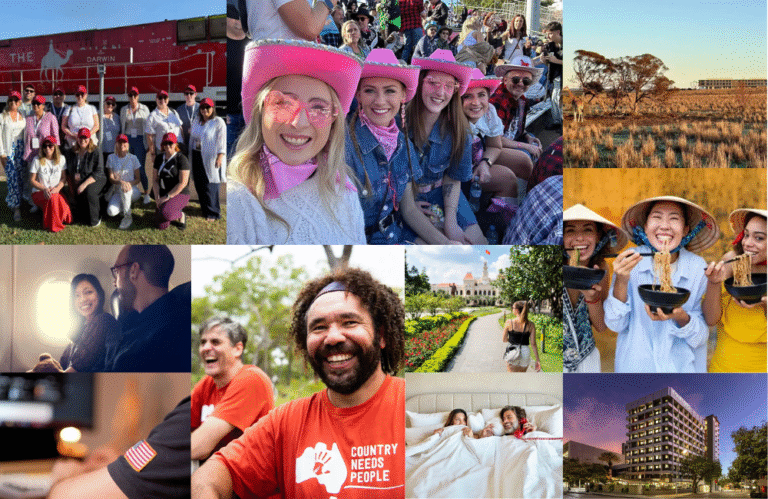When the last budget was delivered in October, the government noted that Australia’s international border would begin to reopen towards the end of 2021. Last night’s Federal Budget confirmed it is now unlikely to open until ‘at least’ mid-2022. It’s an announcement that has brought disappointment and anxiety from the travel and tourism industry.
Based on its own broken promise of a population vaccine rollout by the end of 2021 and the ongoing international COVID-outbreaks, the federal government announced last night as part of its 2021 Budget that Australia’s border will not open until at least mid-2022.
While it will no doubt be a popular decision for mainstream Australia, the announcement only came as another punch in the face for inbound tourism operators relying on international visitors and outbound travel agents, wholesalers, airlines and operators who have already suffered horrendously over the last fifteen or so months since the pandemic began.
The seemingly conservative yet heartless announcement for so many tastes even more bitter given the JobKeeper lifeline ended on March 28, leaving the travel and tourism operations that are still in business to now have to fend for themselves to stay afloat for at least another 12 months with minimal support or revenue.
All that, plus the ongoing repatriation and hotel quarantine issues, which had no update in the budget and remains in the same holding pattern. There is no change to arrival caps nor plans to look at alternative solutions to allow for more to quarantine and get home.
The sad outcome of all of this is that except for travel to New Zealand, Australia just got even further away from travelling to or from the world to reconnect with loved ones, do business or go on a trip.
Never mind the 36,200 souls registered as wanting to be repatriated as of March, including 4,860 identified as vulnerable Australians. So much for the previous federal government promise of getting every Australian home by Christmas 2020.
According to Scott Morrison and the federal government, sitting on the white picket fence and waiting another 12 plus months to solve these issues for all of its own countrymen and women is acceptable.
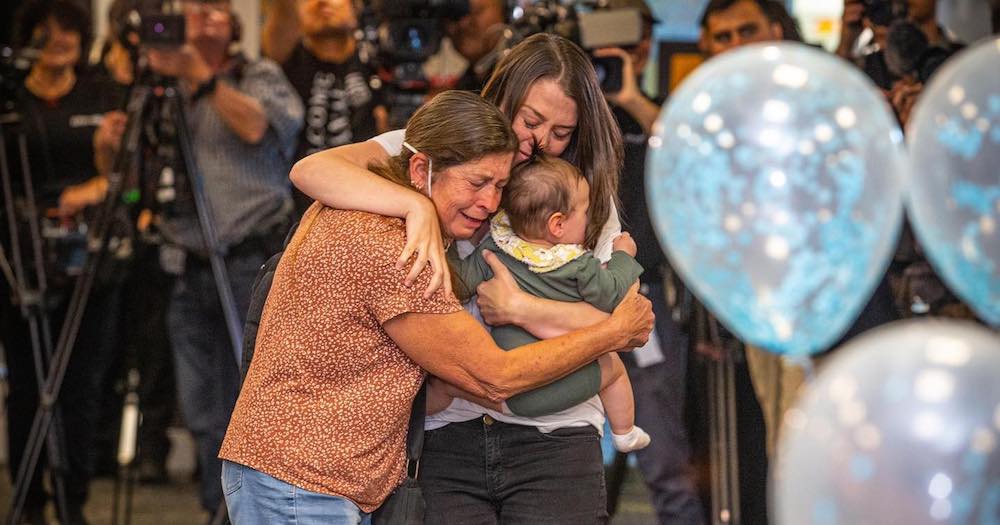
Not surprisingly, the wider travel and tourism community’s response is a frustrated and furious one at being forgotten once again.
The Australian Federation of Travel Agents (AFTA) says the Government’s confirmation only highlights further the critical need for ongoing support for travel agents and businesses.
AFTA is warning that without ongoing support until international travel resumes, more travel agents and businesses will be forced to shut, erasing a critical part of the infrastructure that supports corporate and leisure travel and Australians visiting family and relatives overseas. This support they say “is even more vital in a COVID environment.”
AFTA Chair Tom Manwaring said “Our sector has already shrunk from 40,000 to 25,000 even with Federal Government support via the $258m COVID Consumer Travel Support Program directed to small and medium travel agencies. Ongoing government support and safe travel via travel zones will sustain our sector through the predicted international ban to mid-2022 and ensure we are here to help restart the economy as we return to normal.”
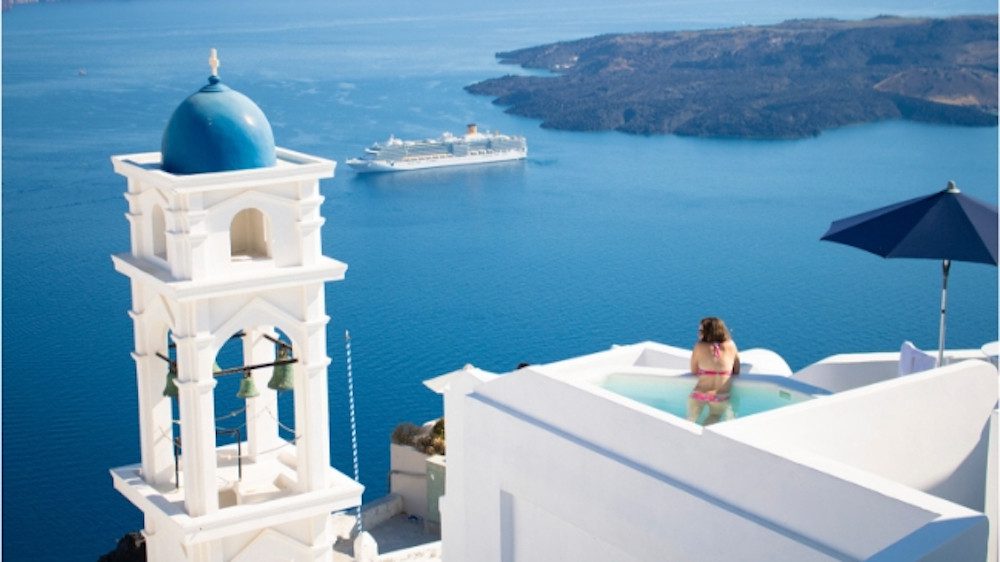
Dennis Bunnik, Council of Australian Tour Operators (CATO) Chair, said he felt an “Overwhelming feeling of disappointment considering how much effort the industry has collectively put into lobbying our case,”
“Whilst there are indications of further grant support, nothing concrete was announced, and we need to keep fighting.”
“Most disappointing is the change in government rhetoric over the past few days around keeping borders closed until well into 2022. These announcements appear to be designed to position the government as tough on borders in preparation for the upcoming election following recent state election success in hard-line states such as WA and QLD. Unfortunately, it appears that the mental health, jobs and votes of those in the travel industry and those Australians being kept apart from family members overseas count for little when there is an election to be won,” he said.
Meanwhile, Tourism and Transport Forum chief executive Margy Osmond said the international border closure would lead to more job losses and business failures.
“This is a budget that leaves the tourism industry high and dry with nowhere to go,” she said.
“Leaving the borders unopen, with no timetable, condemns us virtually to being the lost kingdom of the South Pacific when the rest of the world is opening up.”
“We will see more job losses, and we will see many, many business failures out of this and when the borders do finally open, in the absence of any additional ongoing support, we’ll be lucky to have a tourism industry to welcome international tourists back into the country.”
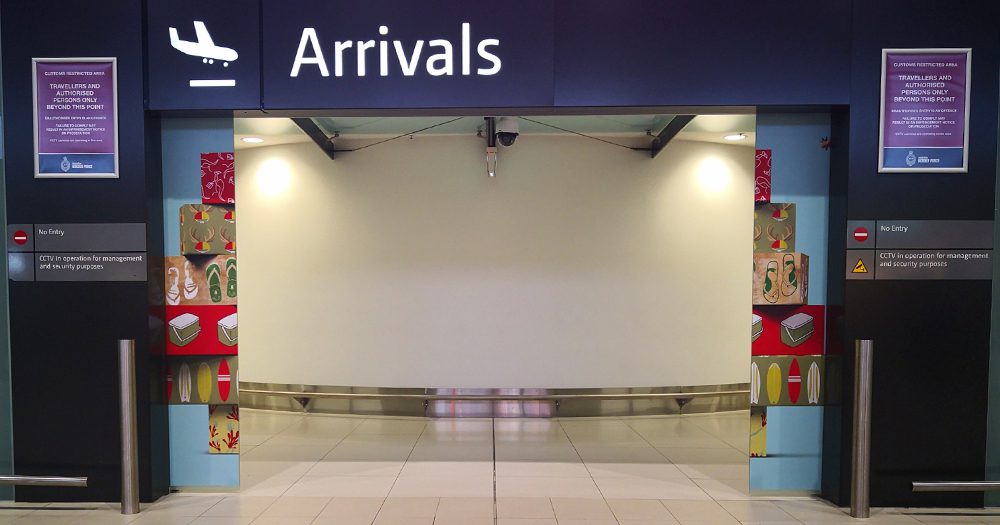
Simon Westaway, Executive Director of the Australian Tourism Industry Council said the Budget outlook for Australia’s international border, beyond New Zealand, only ‘gradually opening’ through 2022, does not give any confidence to the sector.
“Tourism remains one of the most affected sectors in Australia’s impressive economic recovery. It remains impacted by consumer concerns and disruptions to interstate travel due to regulatory restrictions,” Mr Westaway said.
“Low national COVID-19 vaccination rates need to be rapidly lifted urgently, to enable the industry to work constructively with the Government on a safe, if staggered, future border re-opening timetable.
“Tourism depends on the capacity of thousands of small businesses delivering our tourism experiences. The Budget’s extension of the provisions to fully expense depreciable assets and loss carry-back will be welcomed by tourism business,” Mr Westaway said.
Business NSW Tourism Executive Manager Greg Binskin said “Whilst green shoots are appearing in the broader economy, many parts of the visitor economy impacted by international travel restrictions will slip through the cracks and remain vulnerable after missing out in the Federal Budget.”
“The closure of international borders has brought many tourism and hospitality businesses to their knees, through no fault of their own,” Mr Binskin said.
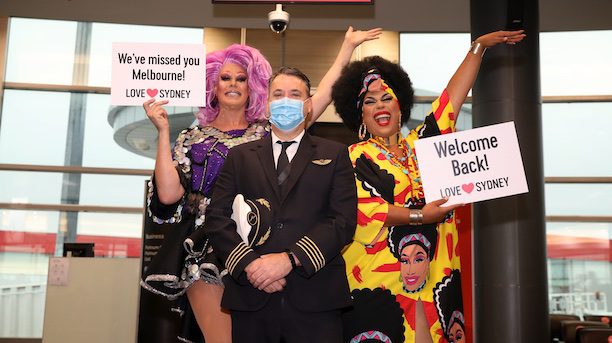
“A recent NSW TIC survey of NSW tourism businesses shows the visitor economy is set for massive job losses, cuts to hours for existing staff and businesses permanently closing now JobKeeper has ended.
“The best way to give tourism businesses hope, is to provide a clear path for reopening international borders. This will allow businesses in the visitor economy to plan with confidence.
“Unfortunately, the budget has missed the opportunity to provide that confidence,” Mr Binskin said.
Outside of domestic travel which is performing well, the only shred of hope for the industry is that more reciprocal international quarantine-free travel bubbles can be established between now and mid-2022 to add to the trans-Tasman bubble which is now well underway.
In recent months, Singapore, Hong Kong, Fiji and the Pacific Islands and Vietnam are all countries that have been flagged as potential countries to partner with.
Note to the Federal Government. Please get a move on and commit to a plan.
- The ‘Not So’ Great Australian Border Mystery, Reopening When?
- Australia: On A Path To Becoming “Lost Kingdom” Of The South Pacific
- Britons Can Travel Internationally From 17 May: Here’s Where They Can Go
Main image: Alice Springs Airport, Lachlan Burnet



